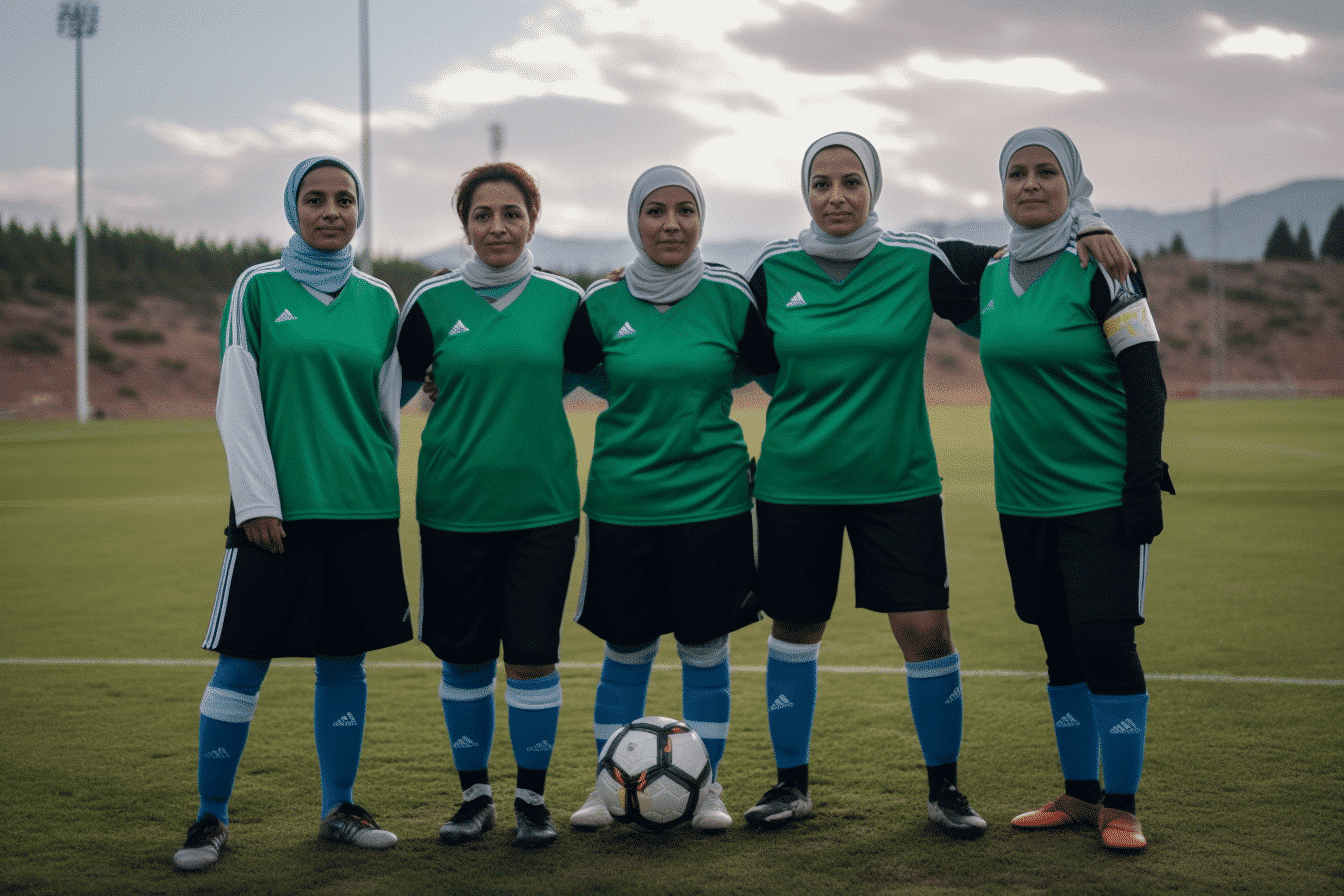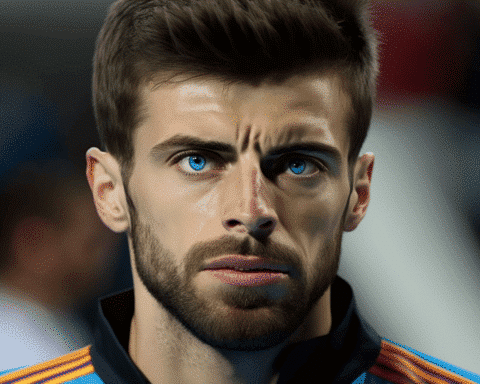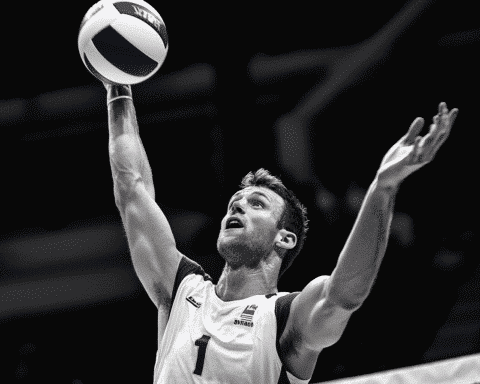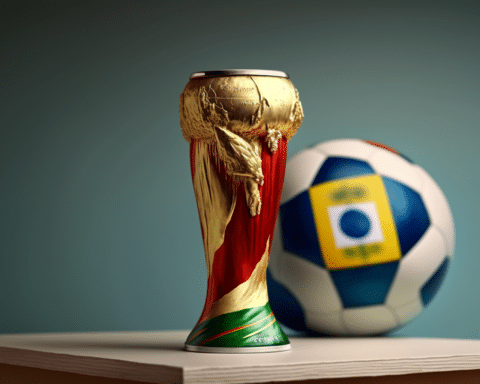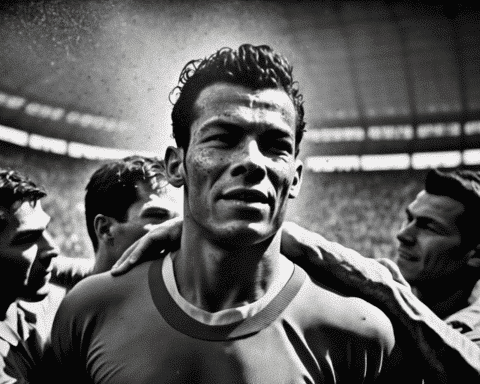Morocco’s women’s soccer team has made history by qualifying for their debut appearance at the Women’s World Cup.
Their achievement as the first team from the Arab world to qualify has sparked inspiration among young girls in the country, despite some conservative attitudes prevailing in the region. Moroccan women’s soccer has experienced growth and recognition, challenging the traditional perception of soccer as a men’s game.
This article delves into the team’s journey, the obstacles they have overcome, and the impact they are having on the perception of women’s soccer in the Arab world.
Overcoming Obstacles and Gaining Ground
Moroccan women’s soccer had long been neglected and marginalized, but in recent years, efforts by the Royal Moroccan Football Federation have aimed at developing the sport for women.
The federation has implemented sound structures, including financial support for women’s clubs, establishing a national under-17 championship, and increasing the number of female players. These initiatives have paved the way for the team’s success and popularity.
Inspiring Young Girls
The national team’s qualification for the Women’s World Cup has captured the imagination of young girls like Aliae Benazzouza, who attended a match wearing her jersey and pigtails. Aliae’s enthusiasm and desire to play soccer exemplify the changing perception of the sport among young girls in Morocco.
Families are now bringing their daughters to play soccer, shifting the narrative that soccer is solely a men’s game.
Challenges and Progress
While Moroccan women’s soccer has made significant strides, challenges persist. There are salary gaps between male and female players in Moroccan clubs, and conservative views and religious beliefs against women wearing shorts still exist.
However, the progress made in recent years, such as the establishment of a professional championship for women, signifies a promising start. The successes of players like Fatima Tagnaout and Ghizlane Chebbak have brought attention and admiration from young fans, highlighting the impact of representation in sports.
Regional Impact and FIFA’s Support
Morocco’s participation in the Women’s World Cup strengthens the overall development of women’s soccer in the Middle East and North Africa (MENA) region. FIFA has been actively working with member associations in the MENA region to create long-term strategies for women’s soccer.
Efforts have included league development, capacity-building programs, and promoting access and opportunities for girls to join the game. The hope is that Morocco’s participation will encourage more Arab teams to compete in future World Cups.
Varying Reactions
In the Arab world, reactions to women’s soccer differ. While some countries, including Lebanon and Egypt, still prioritize men’s sports over women’s, others have shown support and progress.
The lack of awareness about the Atlas Lionesses’ breakthrough in some regions underscores the need for continued efforts to promote and elevate women’s soccer.
Empowering Girls and Looking Ahead
Morocco’s historic Women’s World Cup debut has empowered young girls like Inass Belattar, who dreams of becoming a professional soccer player or coach. The success of the national team has shattered stereotypes and demonstrated that girls can achieve great things in soccer and beyond.
The aspiration now is for Moroccan women’s soccer to continue progressing, bridging the gender gap and inspiring a new generation of athletes.
Empowering the Future of Women’s Soccer in Morocco
Morocco’s women’s soccer team has made an indelible mark by qualifying for their first-ever Women’s World Cup appearance. The team’s achievements have sparked inspiration among young girls in the country, challenging traditional gender roles and perceptions.
While some regions in the Arab world still grapple with conservative attitudes, the progress made by Moroccan women’s soccer offers hope for a future where women’s sports are celebrated and embraced.
As the team gears up for the World Cup, they carry the dreams and aspirations of countless girls who believe in their ability to achieve greatness on and off the field.
